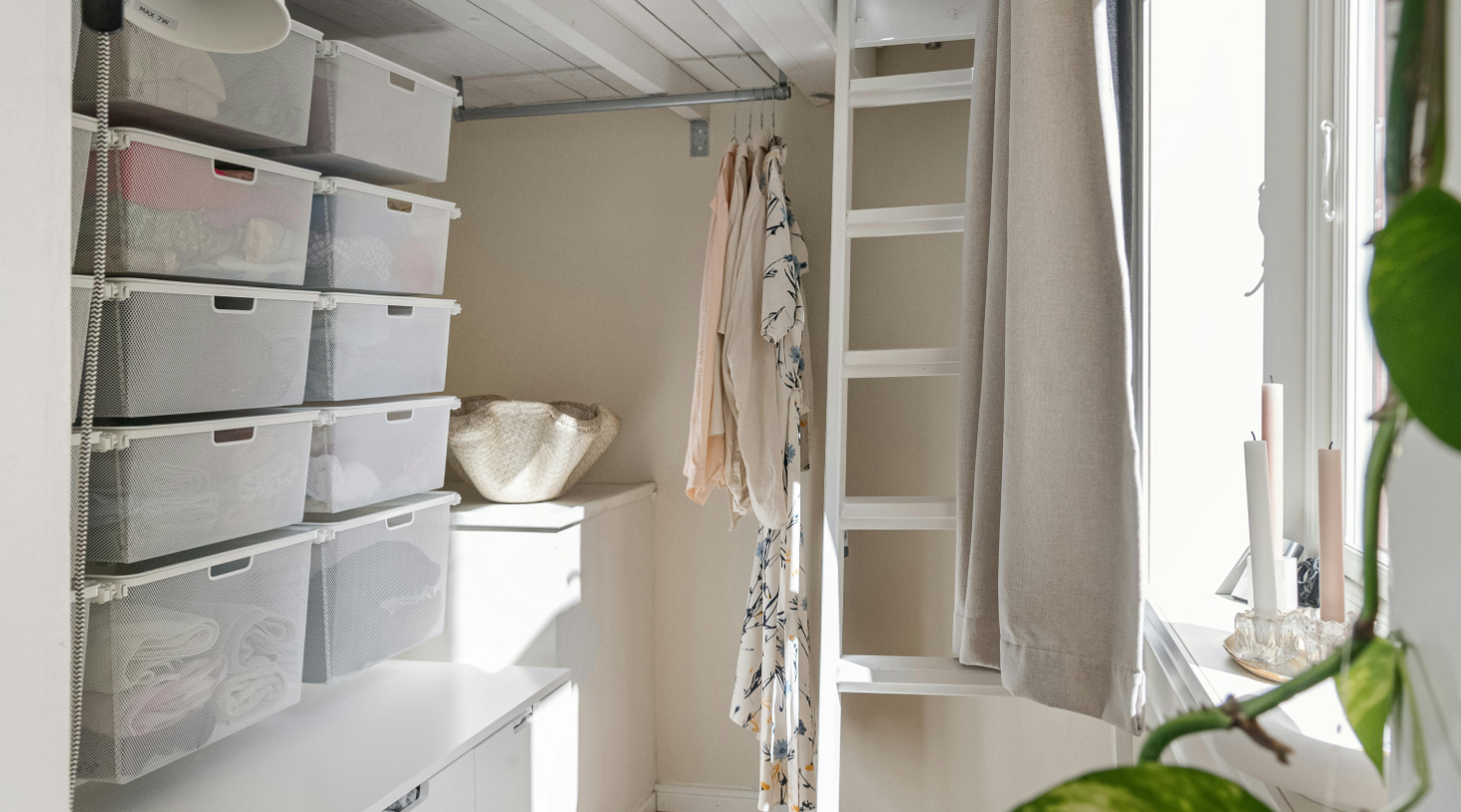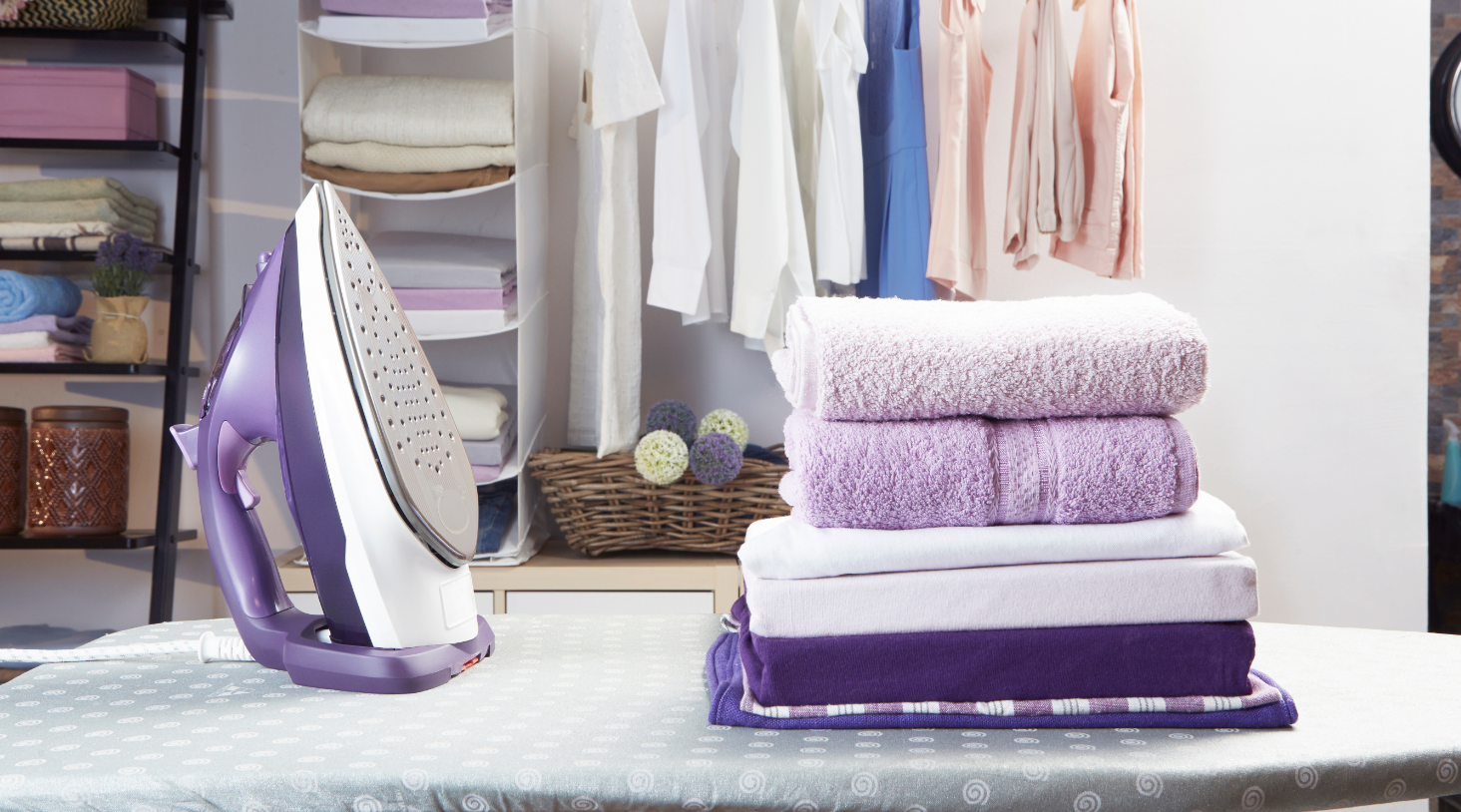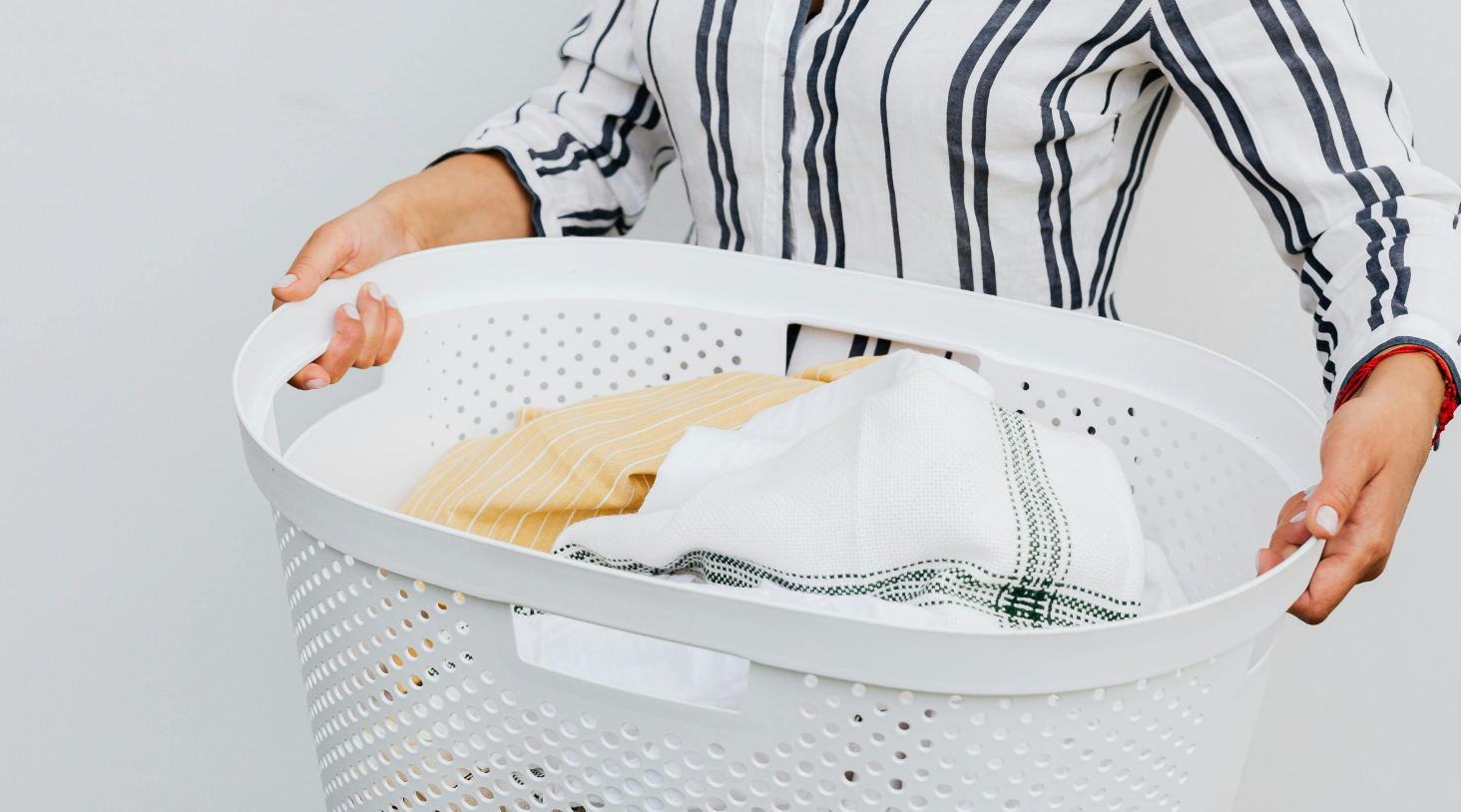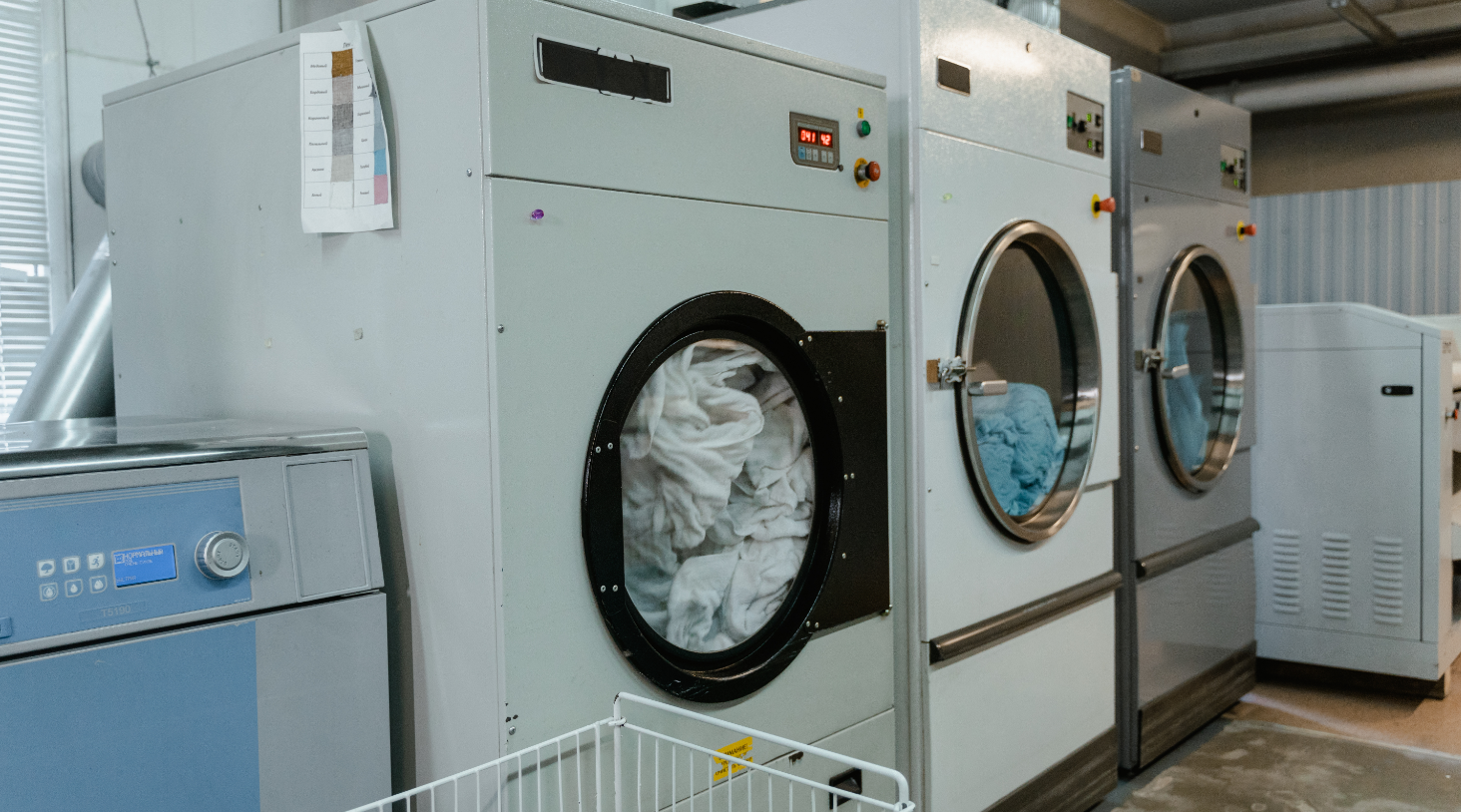In business, first impressions matter — and that includes the cleanliness of your linens, uniforms, and fabrics. Whether you’re running a hotel, spa, restaurant, gym, or corporate office, how your fabrics look and feel reflects directly on your brand image.
Every favorite shirt, elegant dress, or soft towel starts to fade and lose shape if not cared for properly. Most people think washing is just about detergent and temperature, but true fabric care is an art — balancing cleaning, protection, and preservation.
You’ve probably noticed the tiny icons printed on your clothing tags — a small bucket, a triangle, a circle, or even an iron. But what do they really mean?
When you think of a laundry service, you probably picture piles of shirts, trousers, and office uniforms neatly pressed and delivered. But today’s professional laundry services go far beyond clothing care.
If you’ve ever dropped off clothes at a professional laundry, you’ve likely seen two service options: “Laundry” and “Dry Cleaning.” At first glance, they sound similar — both clean your clothes, right?
The act of laundry, once a laborious household chore, is undergoing a profound transformation, driven by an accelerating wave of technological innovation. In a bustling metropolis like Bangkok, where efficiency, convenience, and sustainability are increasingly paramount, these advancements are not just enhancing the cleaning process but fundamentally reshaping the entire laundry service industry.








